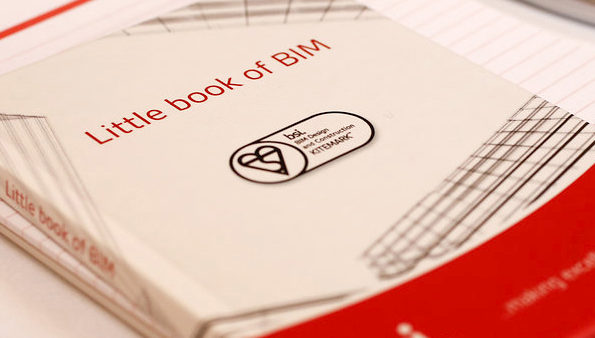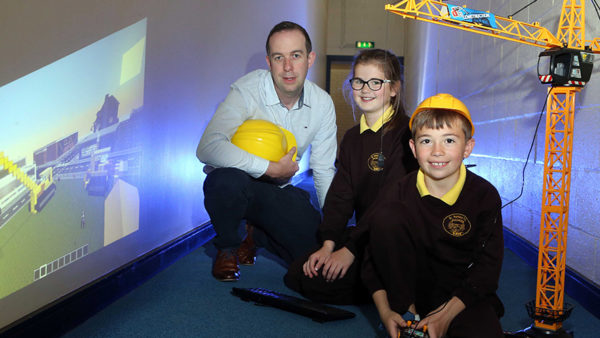A UK BIM training course set up to provide hands-on experience of a virtual construction project is now being offered to contractors in Australia and Hong Kong.
The Virtual Project is a three-day course run by the BIM Academy, a centre of excellence in BIM research set up by Northumbria University and Ryder Architecture. It offers professionals working at SMEs or large contractors a chance to experience BIM in a real-life collaborative environment.
The UK course started around a year ago and has run four times, twice led by contractors. It has now been adapted to upskill professionals at the Academy’s subsidiary operations in Hong Kong and Australia, said Justine Gray, senior BIM coordinator at the Academy.
“We want to push Virtual Project to markets in Asia and Australia where there is great interest in the technology and this course is being advertised as part of our international offer,” said Gray. “It will be delivered on a demand basis and adapted to the specific local BIM standards and requirements. Rather than send our guys over there, we are training staff there to deliver the courses.”
Unlike other courses, Virtual Project is very practical and involves presentations, demonstrations, workshops and software tools training. The aim is to encourage as much engagement among participants as possible, with learning driven by the team itself and tutors providing guidance and support.– Justine Gray, BIM Academy
The Virtual Project was established to complement more traditional training in BIM software, such as Autodesk Revit or Navisworks, and the Academy’s consulting services on the strategic BIM implementation.
Around 70% of the three days is spent in “real life” project collaboration, which involves planning a live project in a workshop setting and practising BIM software skills on a pre-prepared model.
“Unlike other courses, Virtual Project is very practical and involves presentations, demonstrations, workshops and software tools training. The aim is to encourage as much engagement among participants as possible, with learning driven by the team itself and tutors providing guidance and support,” said Gray.
Participants in the UK have come from a range of different disciplines and backgrounds, including large scale contractors and SMEs, and facilities managers and project managers from local authorities. “The latest course had two Masters graduates working alongside people with 20 years’ industry experience, we even had a construction manager and lecturer from Australia enrol,” said Gray.
The course begins teaching the basics of strategic BIM implementation, explaining the UK government strategy and mandate for Level 2 BIM on all public projects by 2016, plus recommended documentation including the PAS1192 standard. Tutors then demonstrate how to plan a BIM-mandated project, starting with an employer’s information requirements, then developing a BIM execution plan and detailing how deliverables will be achieved.
Participants engage in the Virtual Project, a BIM environment developed in-house and based on pre-prepared Revit models, designed for use even by people with no software skills. “Revit is used to do some conceptual design and basic scheduling, then we introduce AutoDesk Vasari to carry out energy analysis,” added Gray. “Later on we introduce participants to COBie and Industry Foundation Classes in line with the government’s mandate for Level 2 BIM and construction managers get to experience Navisworks and Solibri software to learn design coordination and clash detection using models produced by the design team.”
The aim is to expose students to how they would work on an actual project rather than ask them to watch demonstrations and then practice it at home.
The BIM Academy is able to tailor the course to different clients or disciplines within industry. It has also been adapted to take into account changes to PAS1192.
“A lot of people doing the course don’t realise the real benefits of BIM until the last day when they are asked to do a show and tell presentation based on their training. It’s then they understand how it can improve their own work and their company’s BIM strategy,” said Gray.
Comments
Comments are closed.














Great advice Nick, makes perfect sense and lots of useful tips!